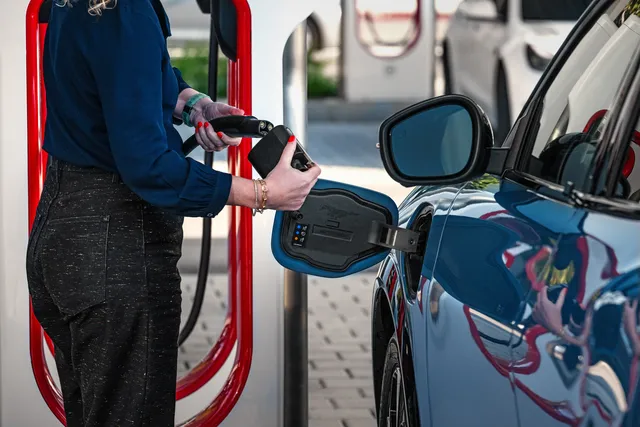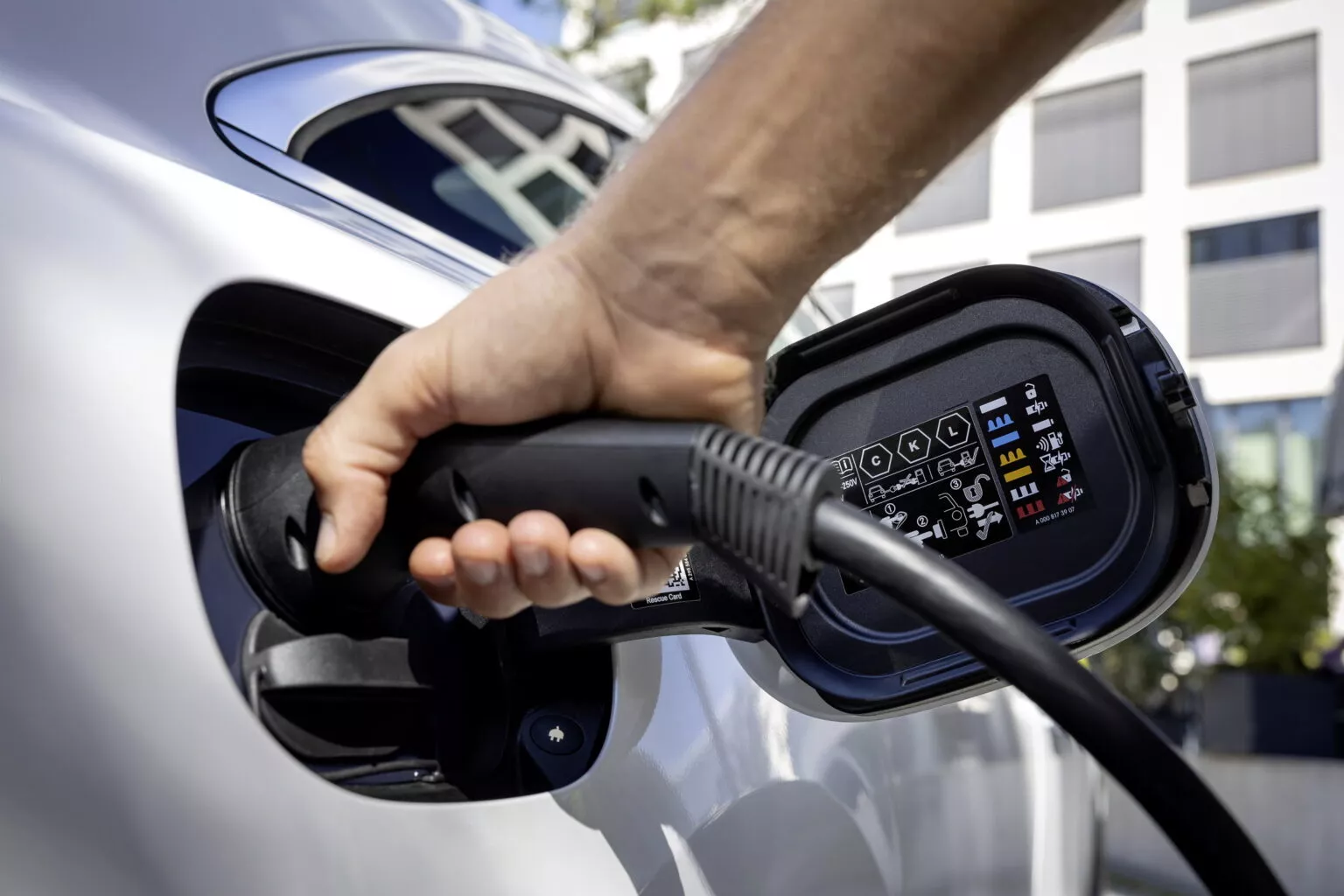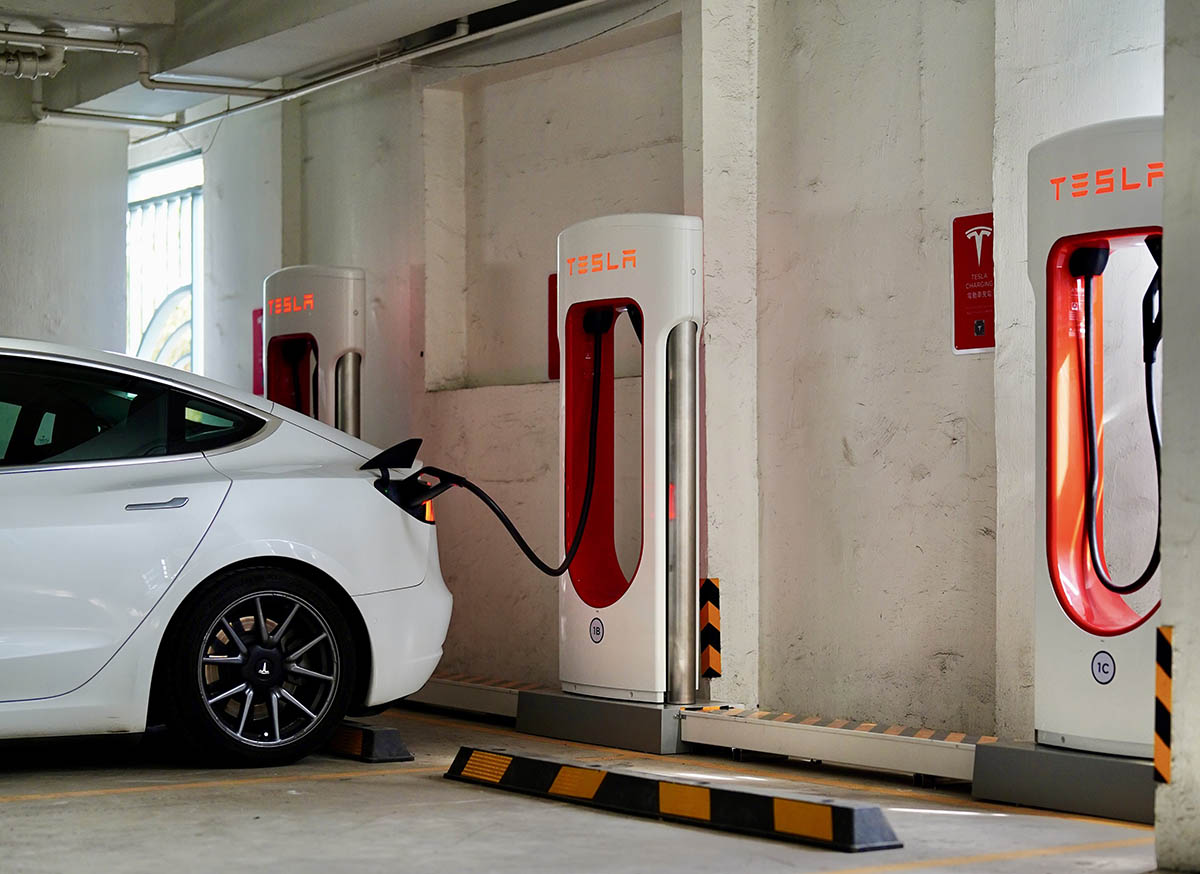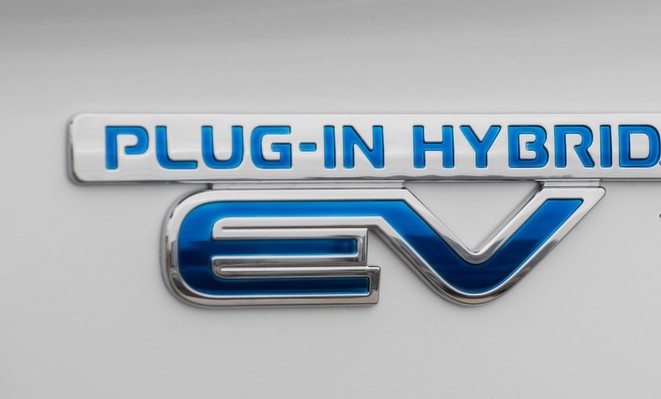A new analysis from the International Energy Agency (IEA) reveals that without the adoption of electric vehicles (EVs), solar, wind, and nuclear power, the global increase in emissions over the last five years would have been three times larger.
The IEA’s annual update on global energy-related CO2 emissions and the inaugural edition of the Clean Energy Market Monitor track clean energy deployment and its implications for global energy markets.
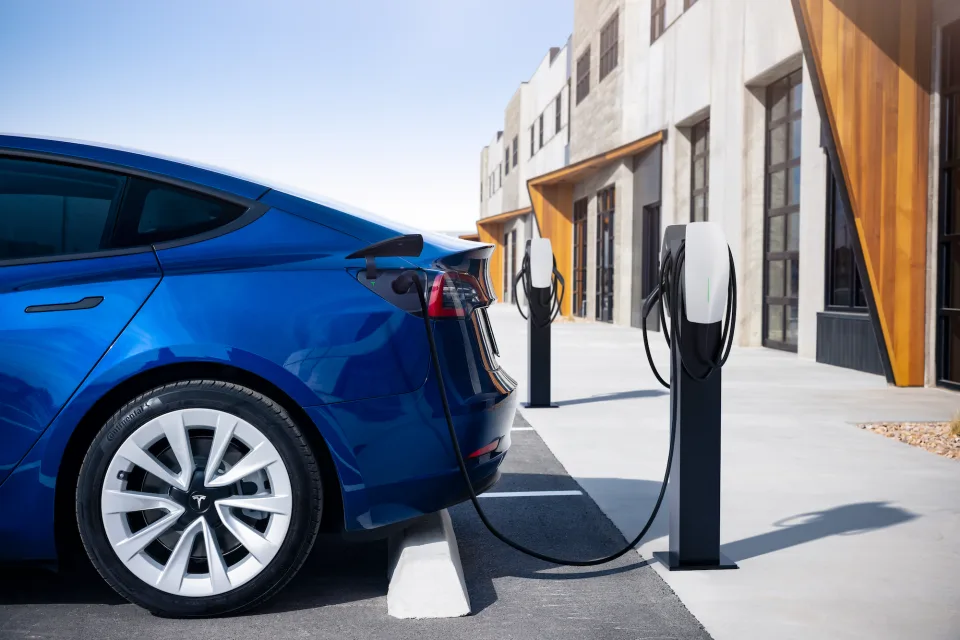
Despite a rise in energy-related emissions in 2023, the expansion of clean energy technologies resulted in a less pronounced increase compared to 2022, even as total energy demand growth accelerated.
Emissions rose by 410 million tonnes, or 1.1%, in 2023, reaching a record level of 37.4 billion tonnes. A significant factor contributing to this increase was an exceptional shortfall in hydropower due to extreme droughts in the US, China, and other economies. This led countries to rely more on fossil fuels to compensate for the gap.

Advanced economies, however, experienced a record decline in emissions in 2023, despite economic growth. Emissions dropped to a 50-year low, with coal demand falling to levels not seen since the early 1900s. This decline was driven by renewables deployment, coal-to-gas switching, energy efficiency improvements, and softer industrial production.
Since 2019, the growth in clean energy has been twice as large as that of fossil fuels, limiting the increase in demand for fossil fuels and paving the way for a transition away from them in the coming decade. The deployment of wind and solar power has been particularly impactful, avoiding the consumption of coal equivalent to India and Indonesia’s combined electricity sectors and denting natural gas demand equivalent to Russia’s pre-war exports to the EU.
See also: China Set to Dominate Electric Vehicle Market with 90% Market Share by 2030 – Study

The rise of EVs has also played a significant role, with 1 in 5 new car sales globally in 2023 being electric, helping to prevent a surge in oil demand above pre-pandemic levels.
Fatih Birol, IEA executive director, emphasized the resilience of the clean energy transition, noting that despite challenges such as the pandemic, energy crisis, and geopolitical instability, efforts to build cleaner and more secure energy systems have prevailed in many economies.

